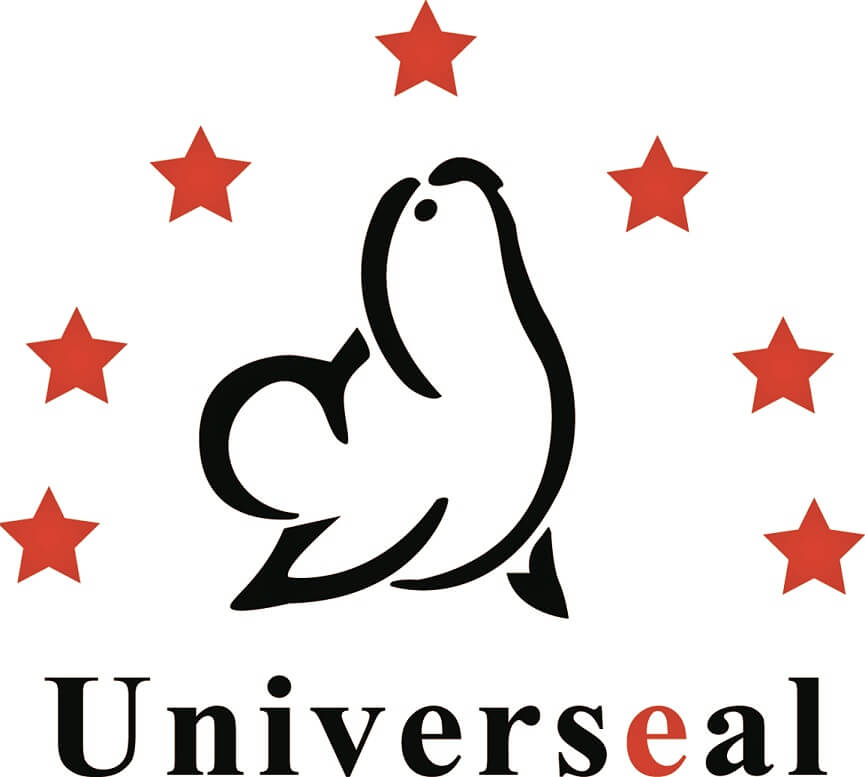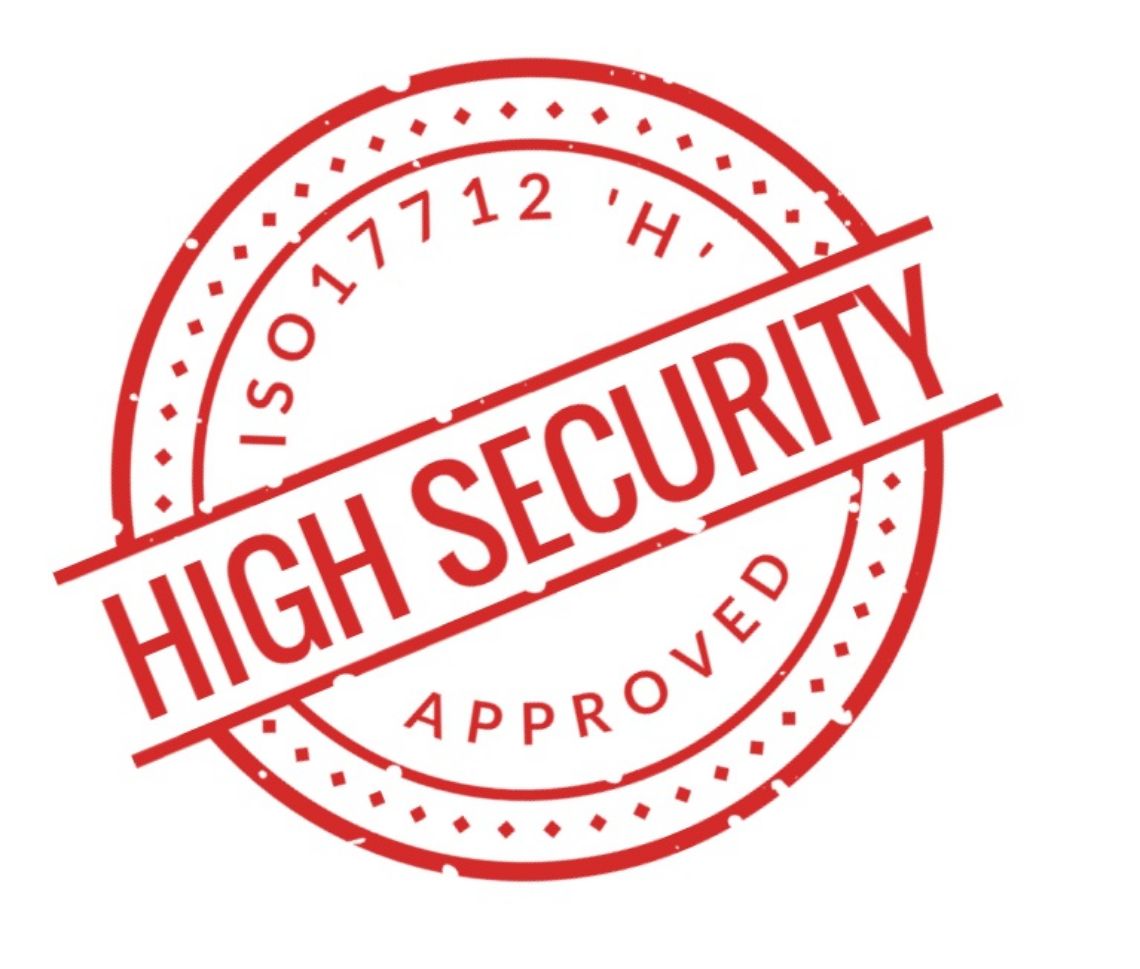What are the relevant Standards?
The standards embodied by the Customs-Trade Partnership Against Terrorism (C-TPAT) and International Organisation for Standardisation 17712 (ISO 17712:2013) define the minimum standards which all container security seals (also known as "barrier seals") involved in cross-border movements must conform to.
The Customs-Trade Partnership Against Terrorism (C-TPAT) program is one layer in U.S Customs and Border Protection’s (CBP) multi-layered cargo enforcement strategy. Through this program, CBP works with the trade community to strengthen international supply chains and improve United States border security.
International Organisation for Standardisation (ISO) is the world’s largest developer of voluntary international standards. The ‘standard’ is a document that provides requirements, specifications, guidelines or characteristics that can be used consistently to ensure that materials, products, processes and services are fit for their purpose, reliable and of good quality.
ISO 17712 establishes “uniform procedures for the classification, acceptance and withdrawal of mechanical freight container seals. It provides a single source of information on mechanical seals which are acceptable for securing freight containers in international commerce.”
The current ISO 17712 standard requires independent confirmation in three areas:
Testing to determine a seal’s physical strength (as barriers to entry).
ISO 17712 defines three classes of security seal strength or barrier capacity: “I” for Indicative; “S” for Security; and “H” for High Security. C-TPAT requires the use of “H” class seals. Suppliers must use independent third party test laboratories to validate a seal's classification. Labs must be accredited according to ISO/IEC 17025 (General requirements for the competence of testing and calibration laboratories) to perform testing specific to ISO 17712.
Auditing of manufacturer’s security-related business processes.
Poor security-related practices can undercut the effectiveness of a high-quality security seal. ISO 17712's Annex A defines over two dozen required practices, such as facility risk assessments and access controls to production and storage areas. Suppliers’ conformance with Annex A should also be demonstrated through an independent certification provider that is accredited to audit compliance with the ISO standards.
Design with tamper-indicative features that generate tell-tale evidence of tampering.
Seal manufacturers must be able to demonstrate to, and obtain certification from, an accredited auditor from an independent third party organization that their high security seals have built-in tamper evidence features. If an independent third party organization accredited to ISO 17020 verifies conformity, it will provide the manufacturer with a certificate of compliance that documents that the seals submitted for review do reflect tell-tale evidence of tampering generated by attempts to defeat a correctly closed and affixed seal. Considering that most seals are tampered with in order to introduce illegal contraband or to pilferage a container, this is a welcomed improvement for high security seals –particularly those that are U.S. bound and those affixed to C-TPAT containers and trailers.
What does this mean for you as a buyer?
It means you should be aware of the credentials of the company from whom you are purchasing security products. You must be able to ensure that you are buying fully compliant security seals from a recommended supplier who can demonstrate compliance with ISO17712 certification requirements. Should you buy a product which is not compliant with ISO 17712, problems like shipping delays are highly likely.
As a buyer you should ask for proof that a potential supplier conforms fully to ISO 17712. Suppliers should be able to provide you with a summary page from the test or audit reports which acts as a certificate of conformity.
If you have any questions please give us a call on 01829 760000 or email [email protected]

